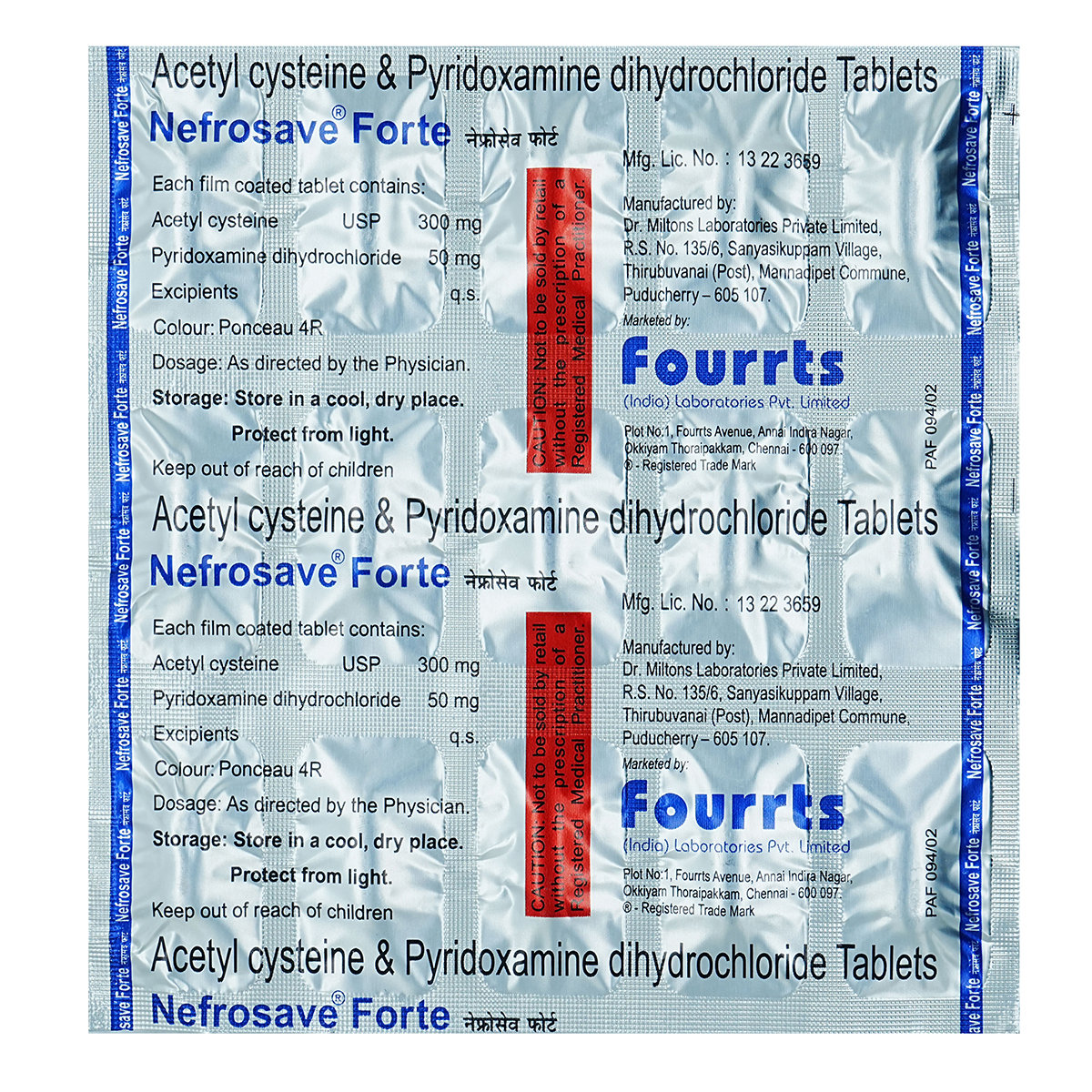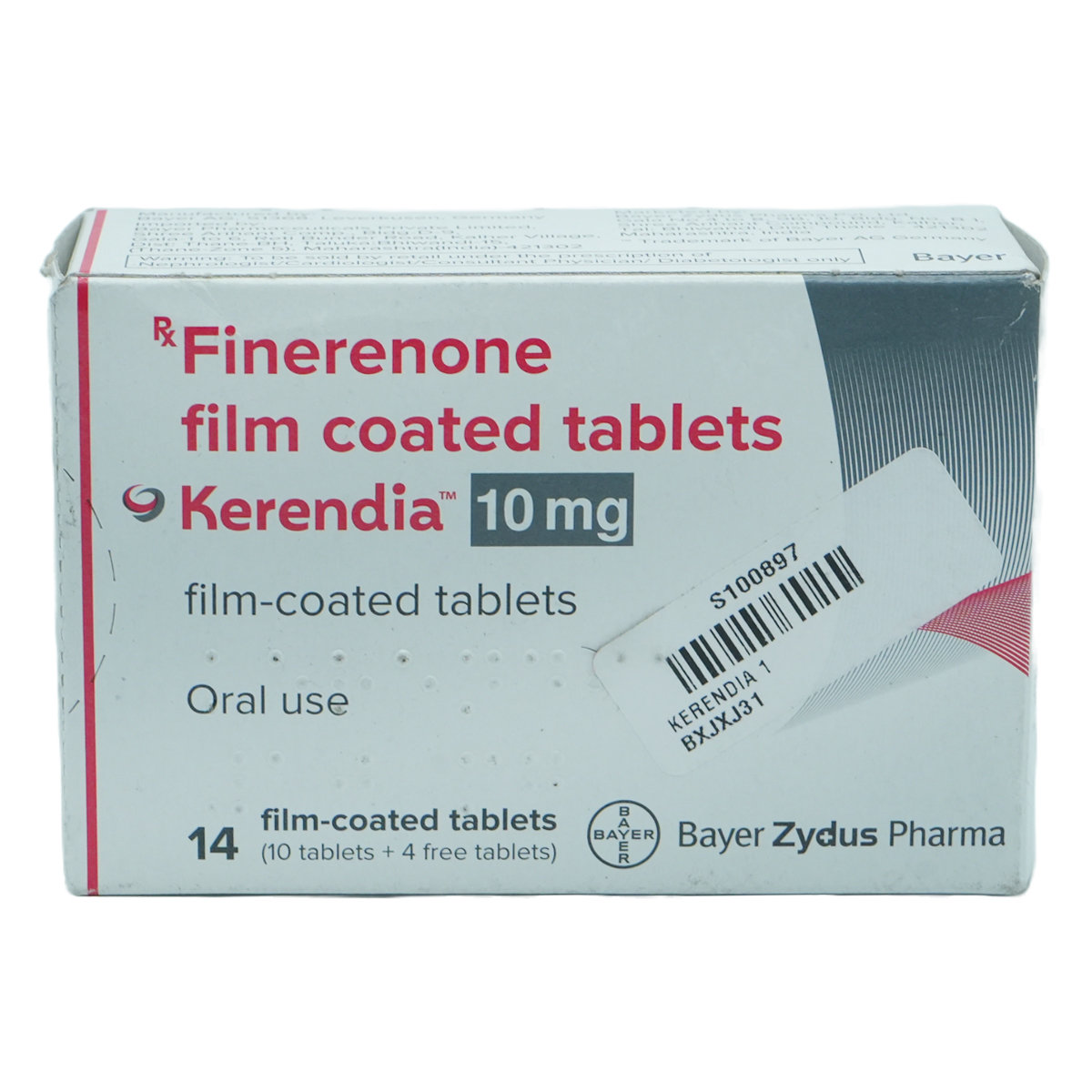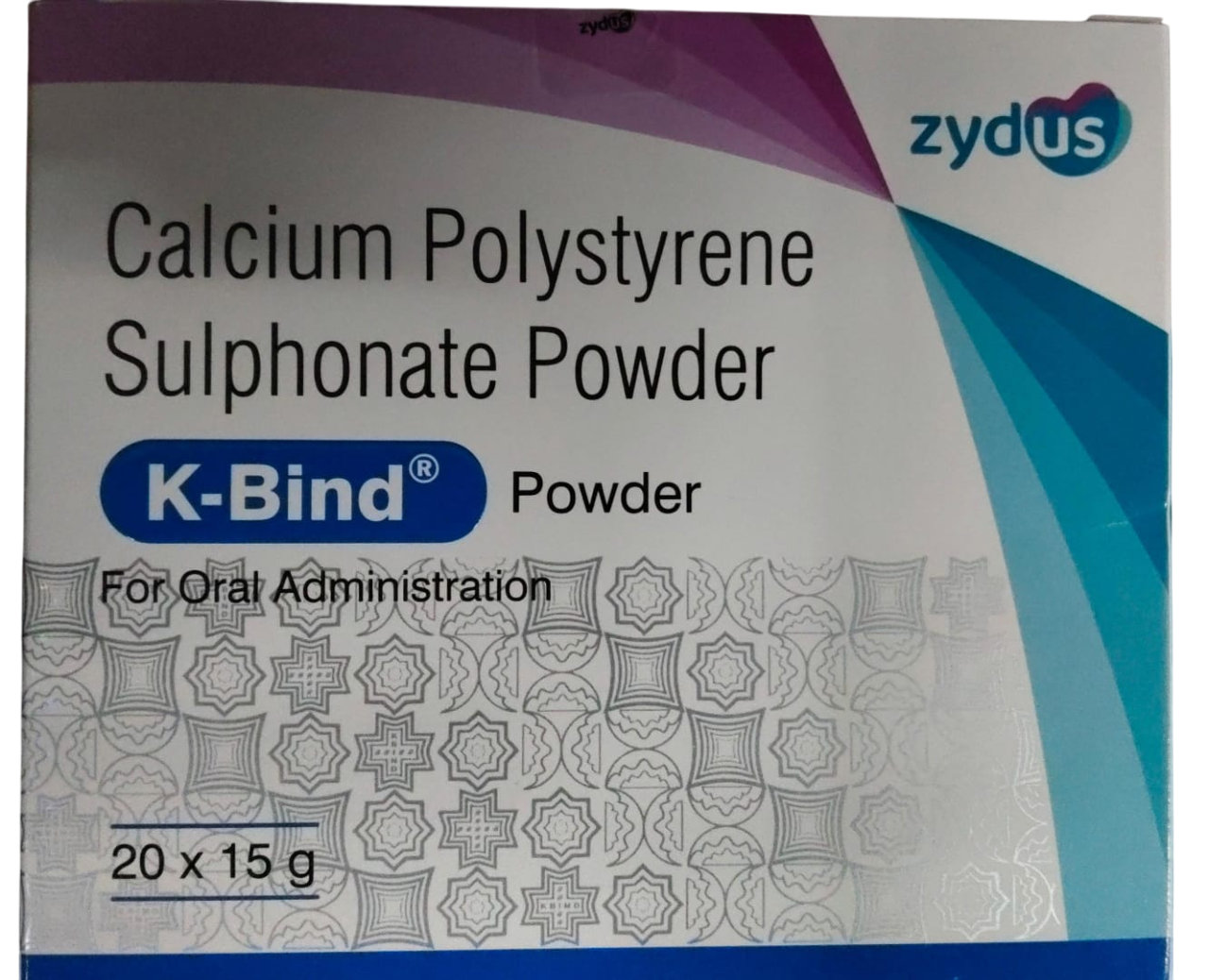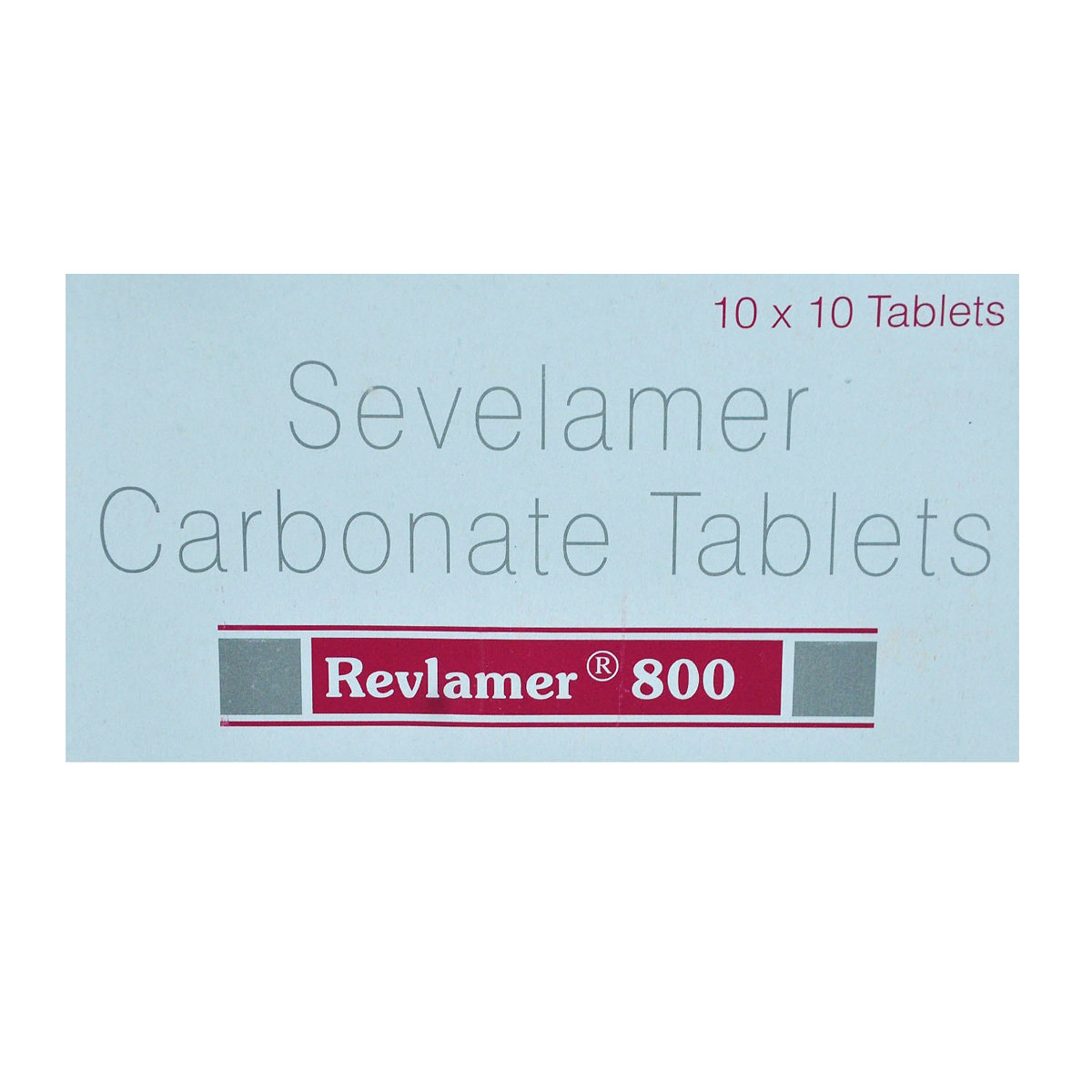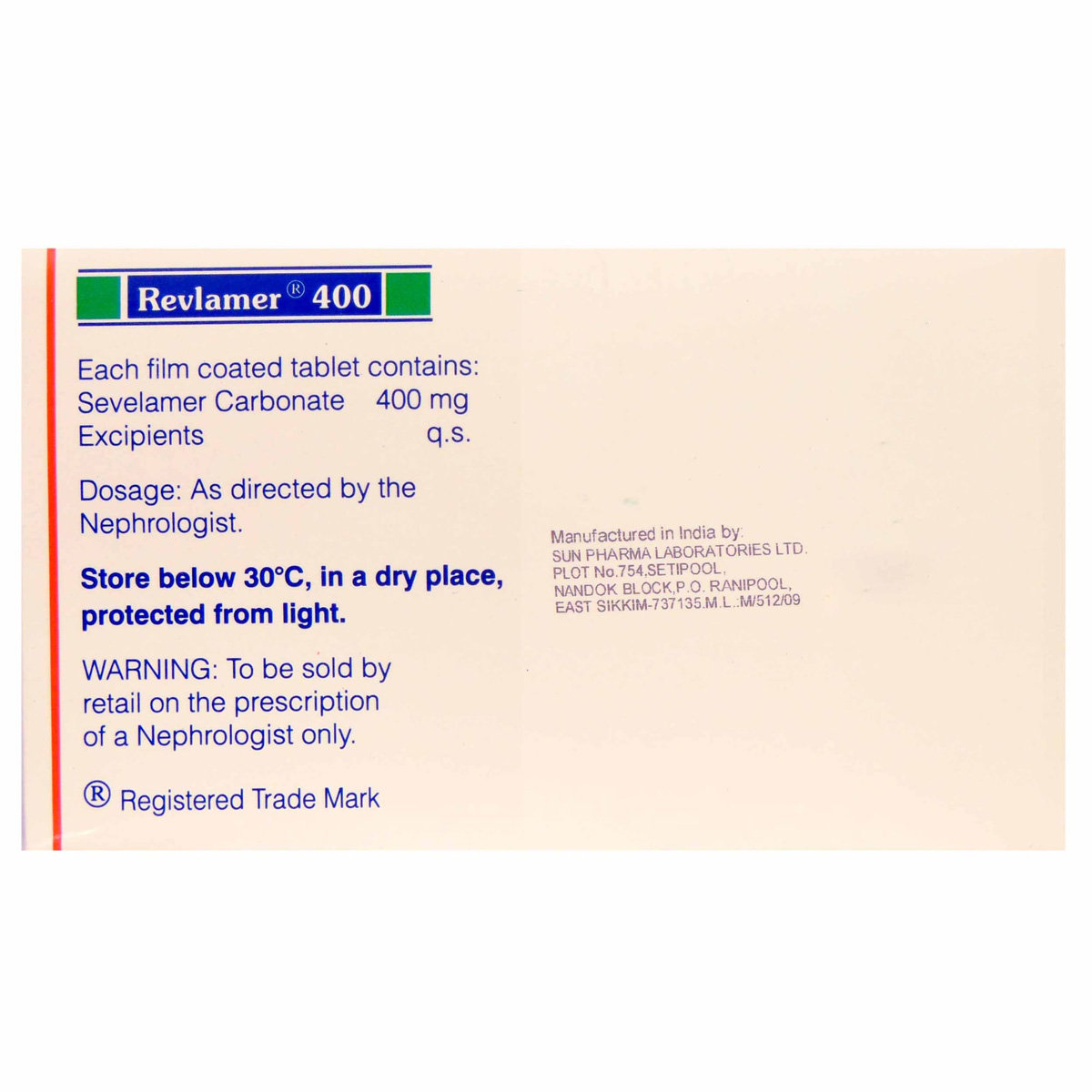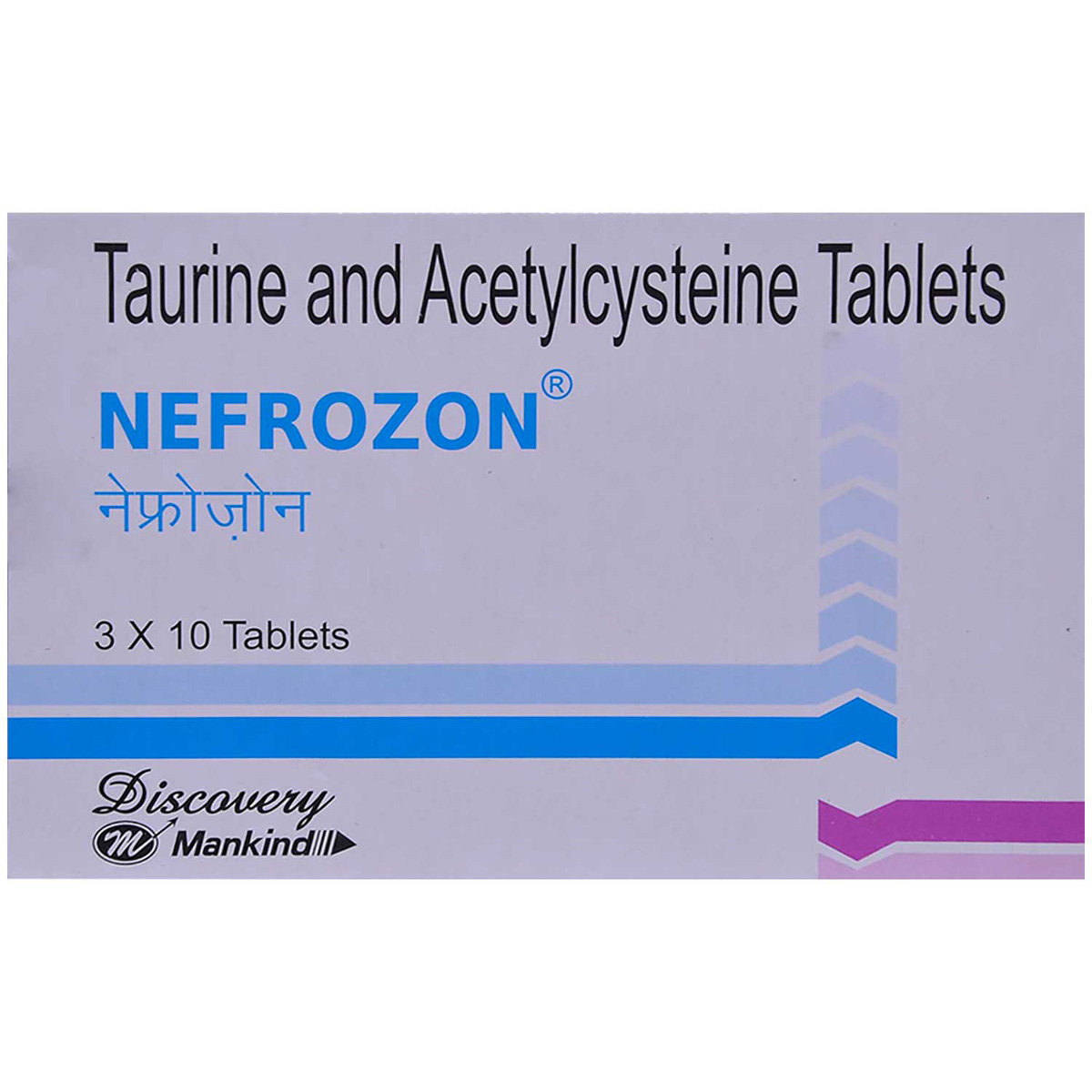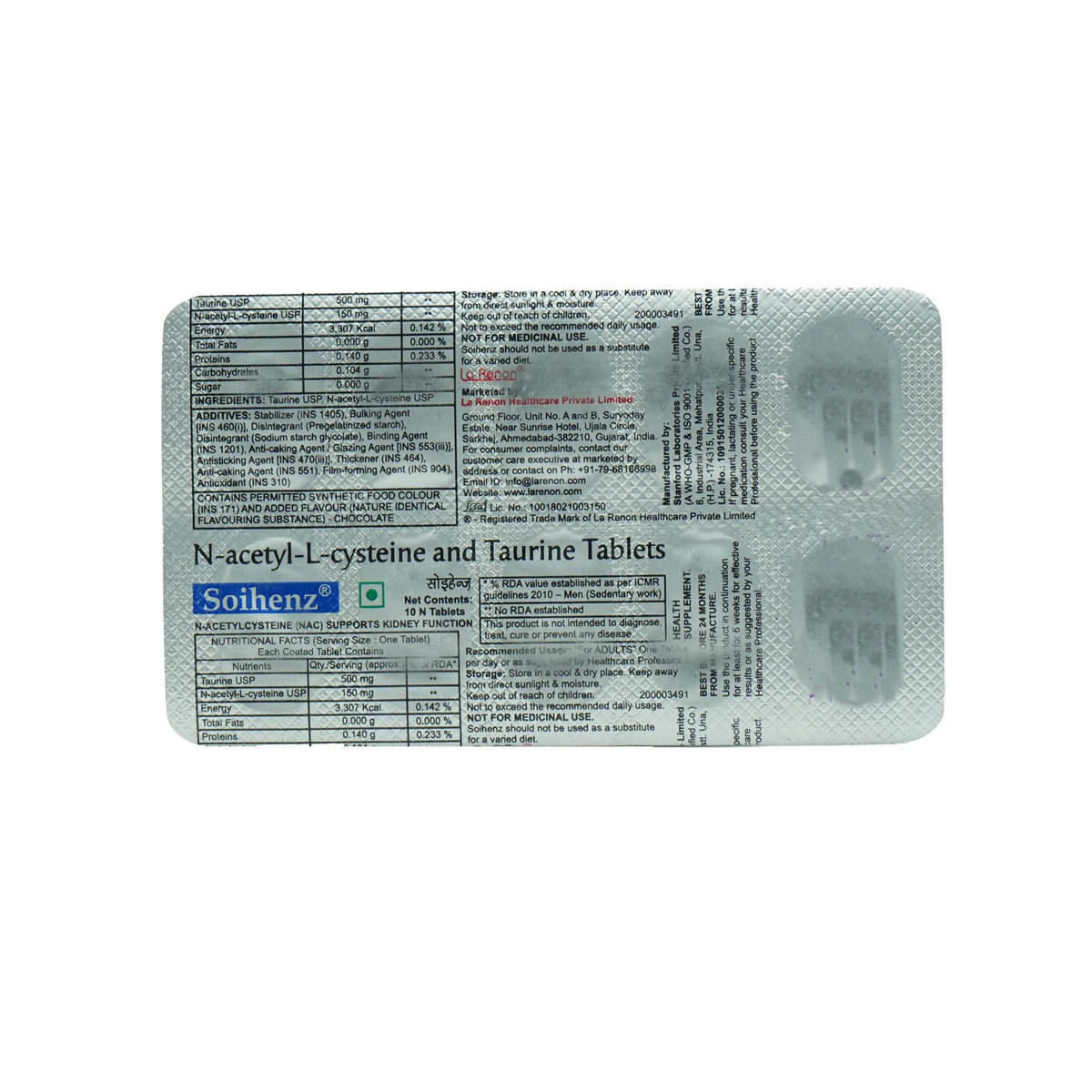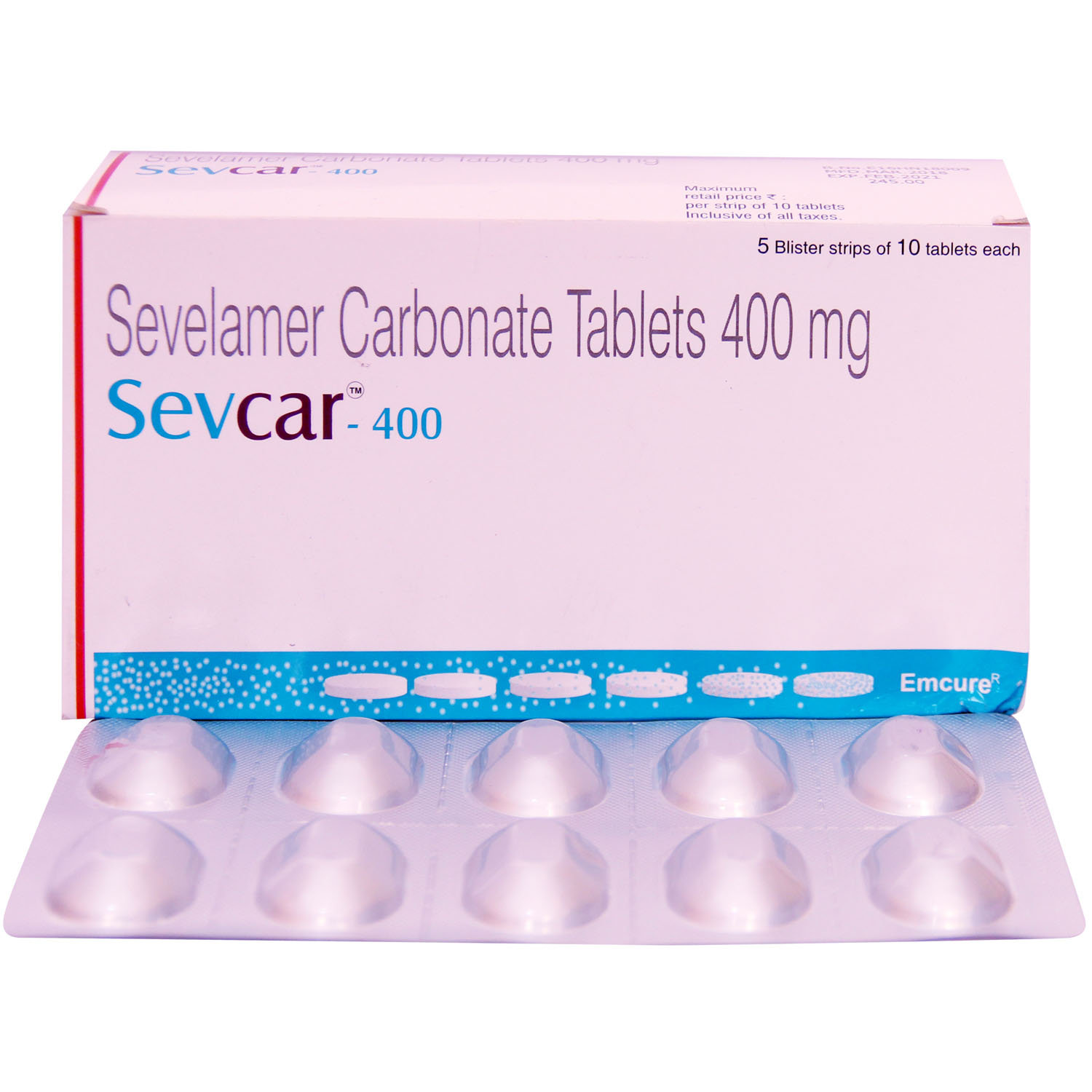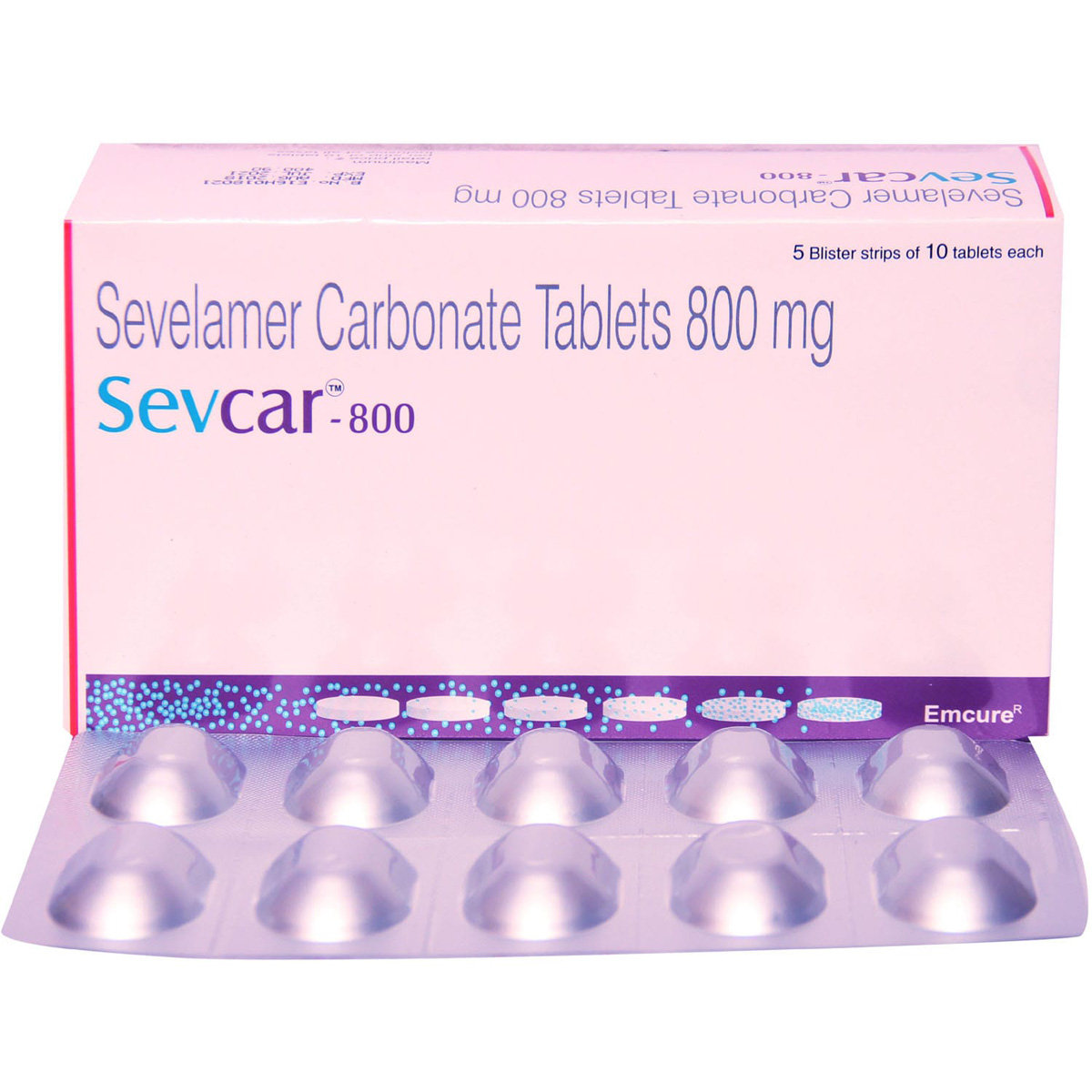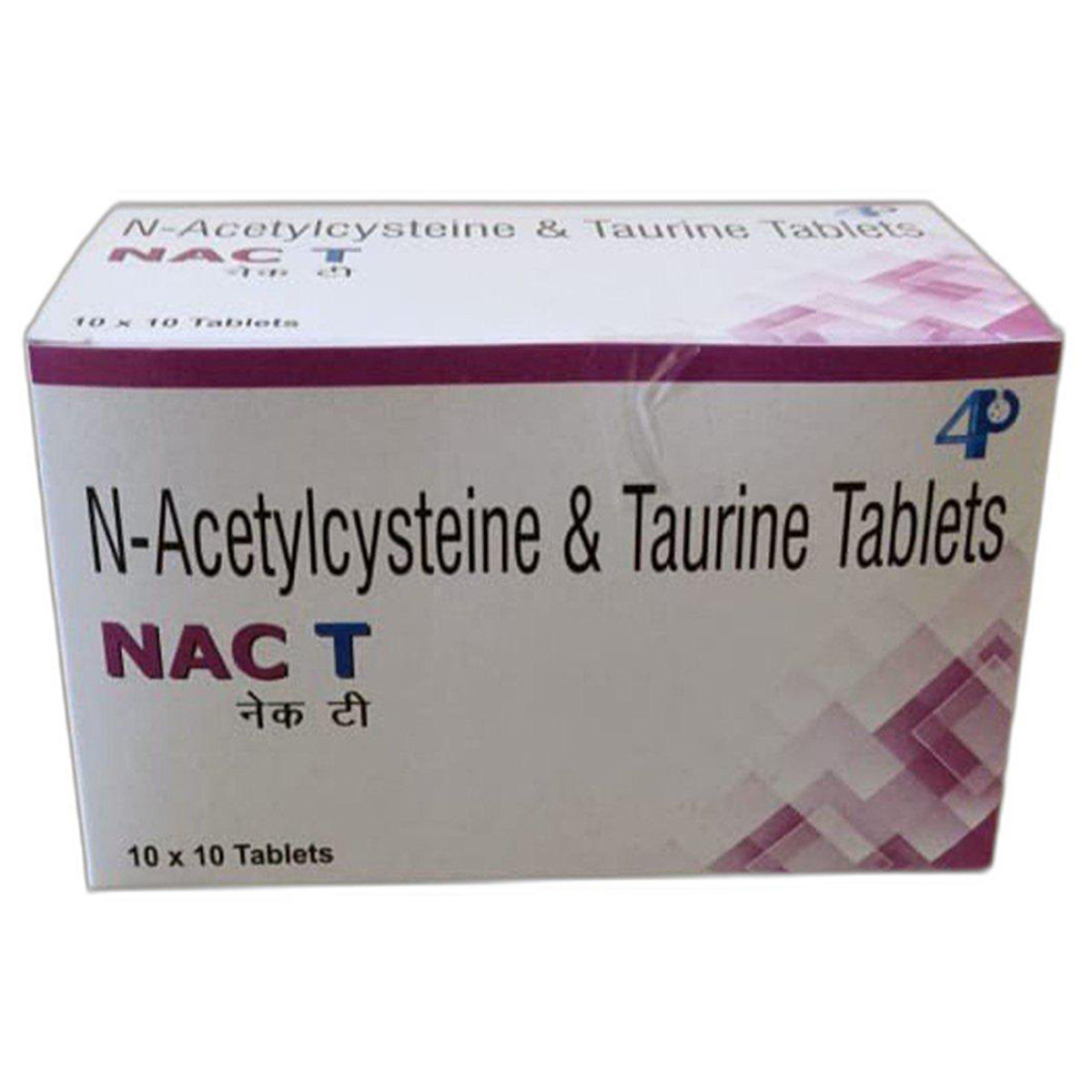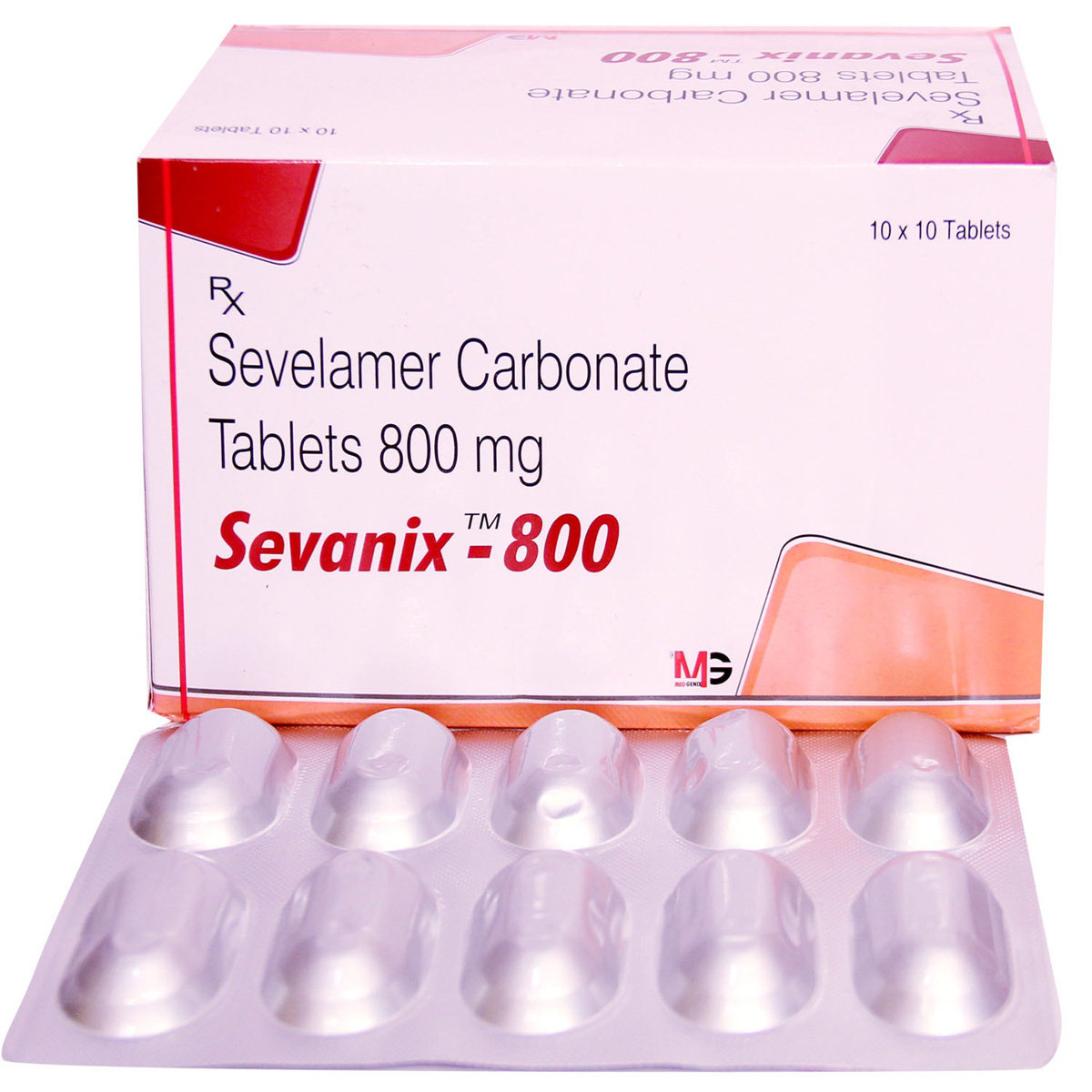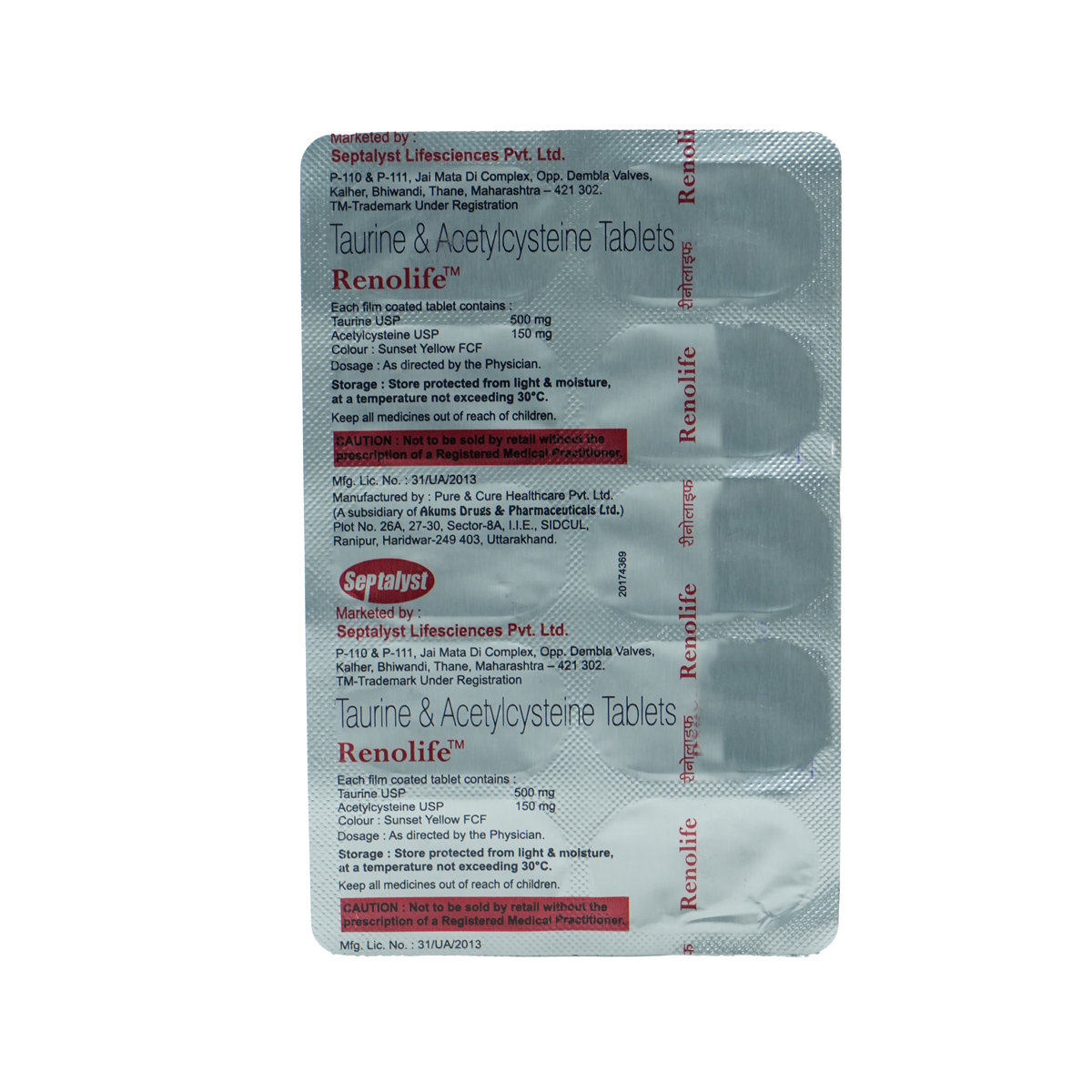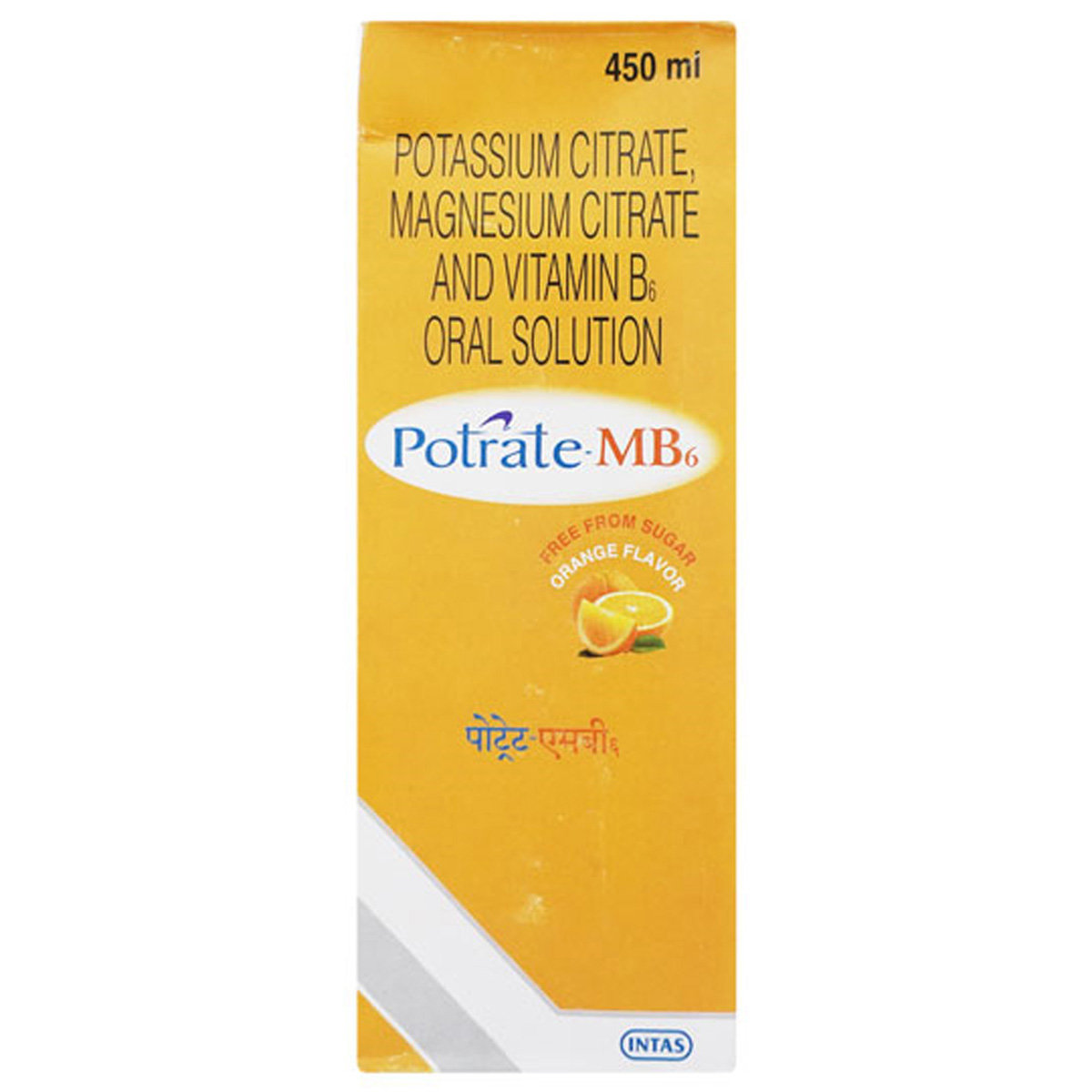- Home
- Health Condition
Medicine For Kidney Disease
Medicine For Kidney Disease
- Total Items (314)
 RX
RXNefrosave Tablet 15's
₹238.50
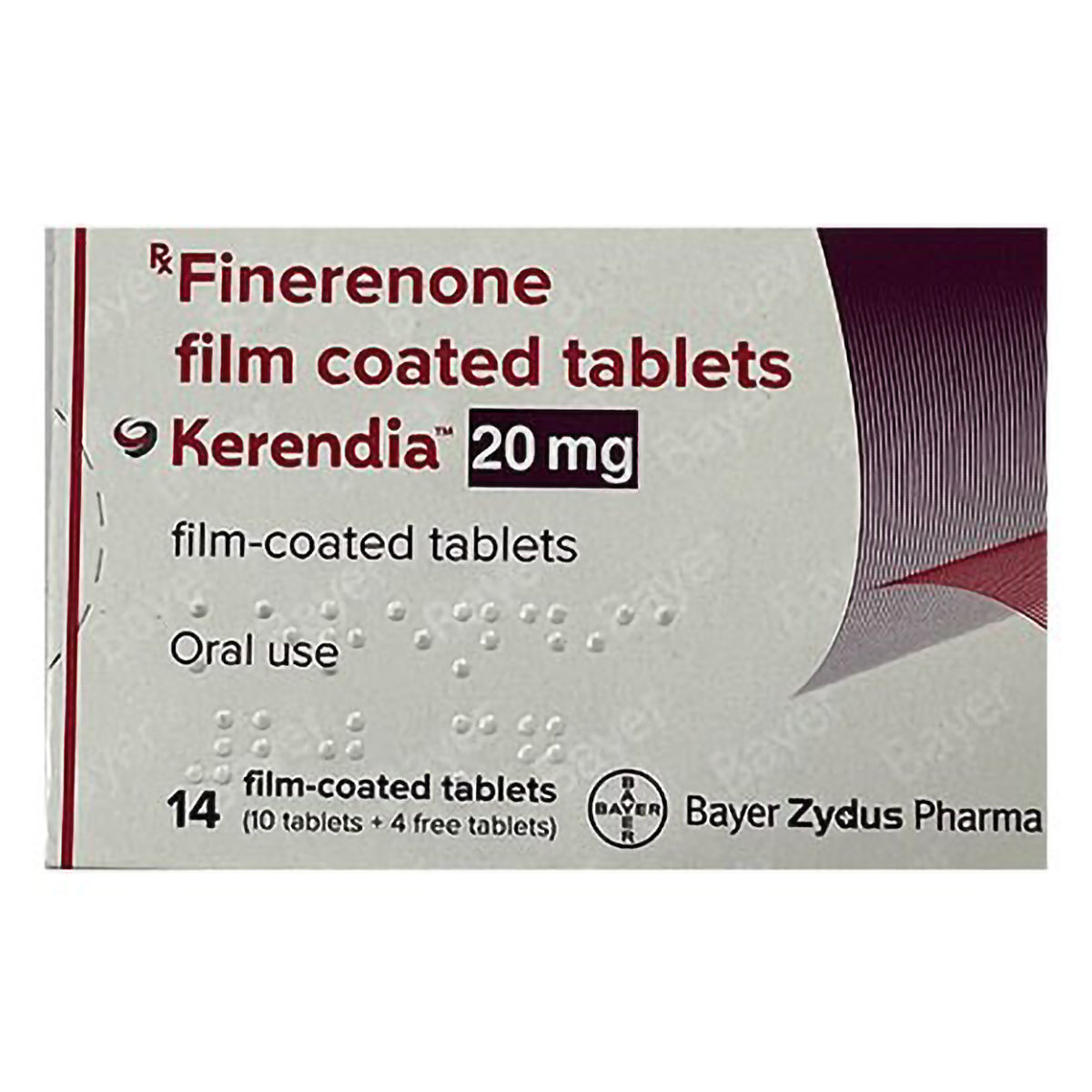 RX
RXKerendia 20 mg Tablet 14's
₹1401.50
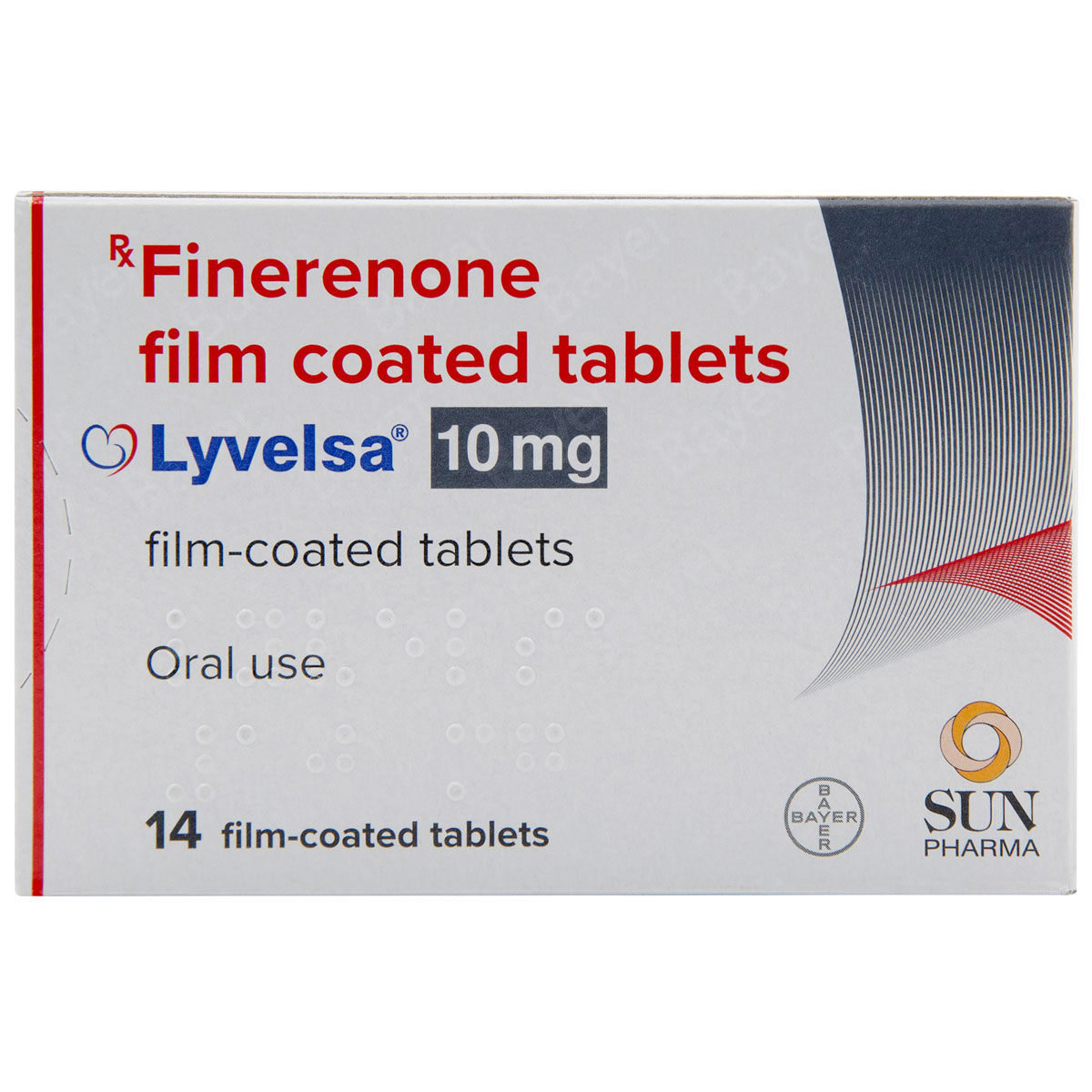 RX
RXLyvelsa 10 mg Tablet 14's
₹1401.50
 RX
RXRenosave Tablet 10's
₹154.50
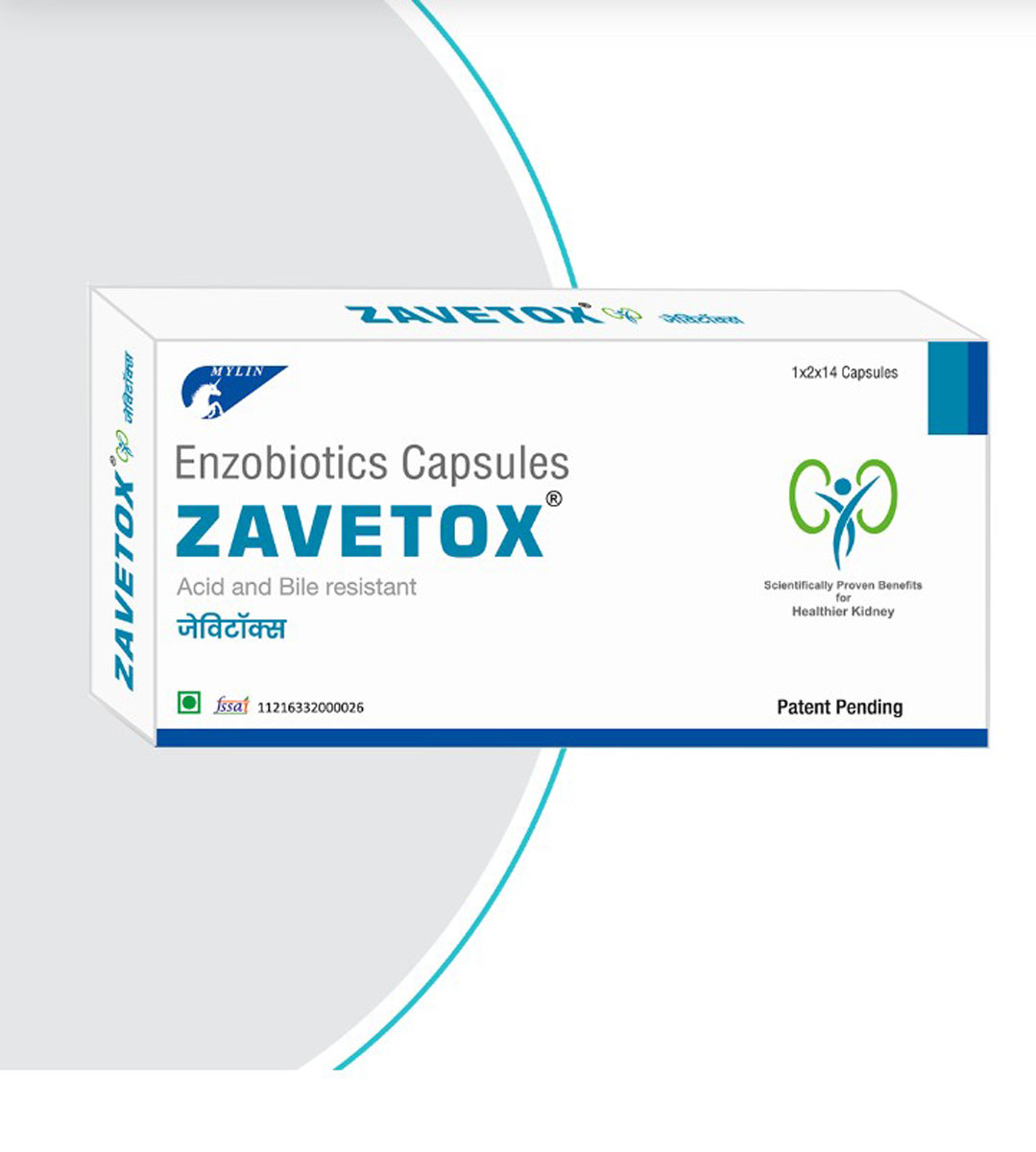
Zavetox Capsule 14's
₹1750
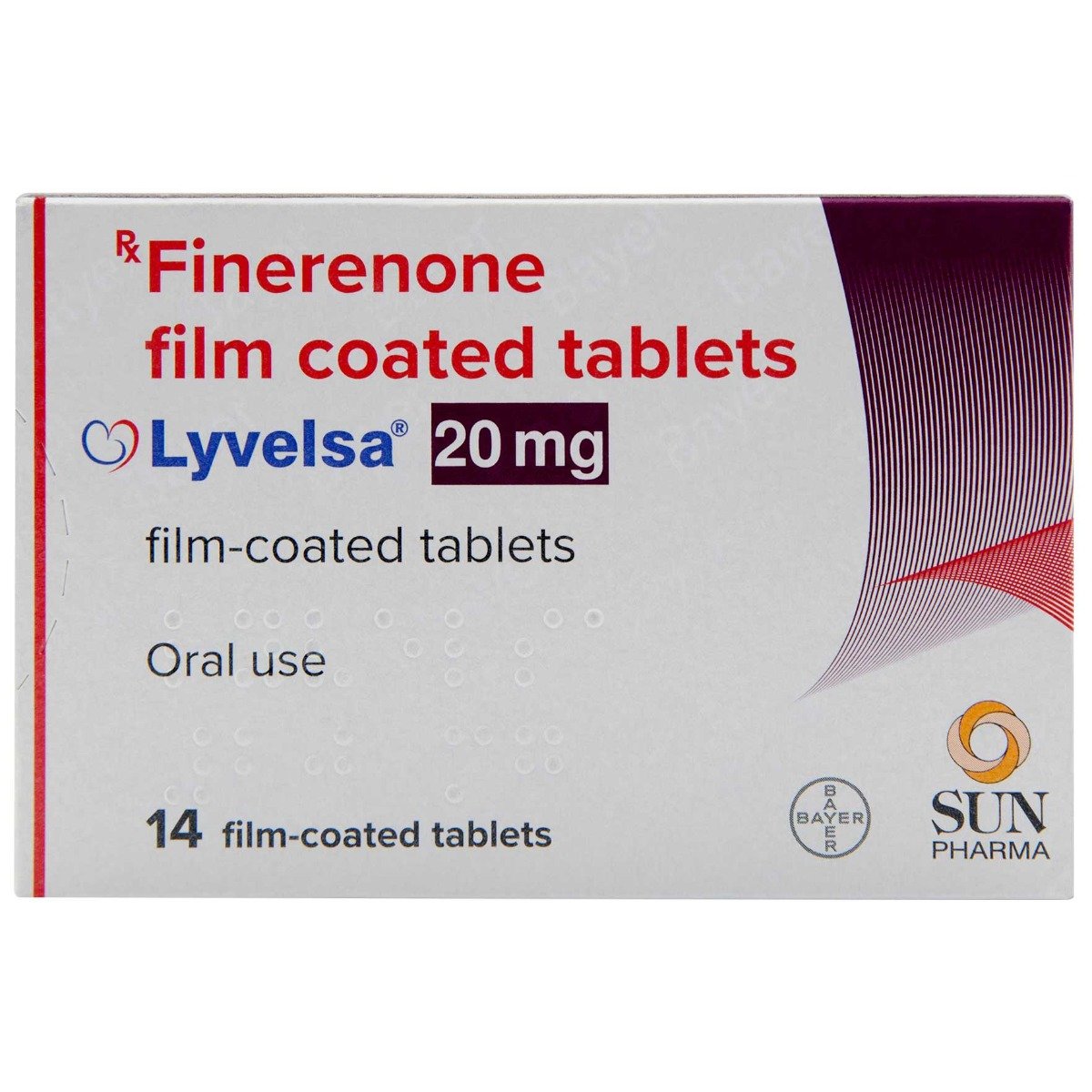 RX
RXLyvelsa 20 mg Tablet 14's
₹1401.50
 RX
RXK-Bind 15G Suspension 60 ml
₹168.50
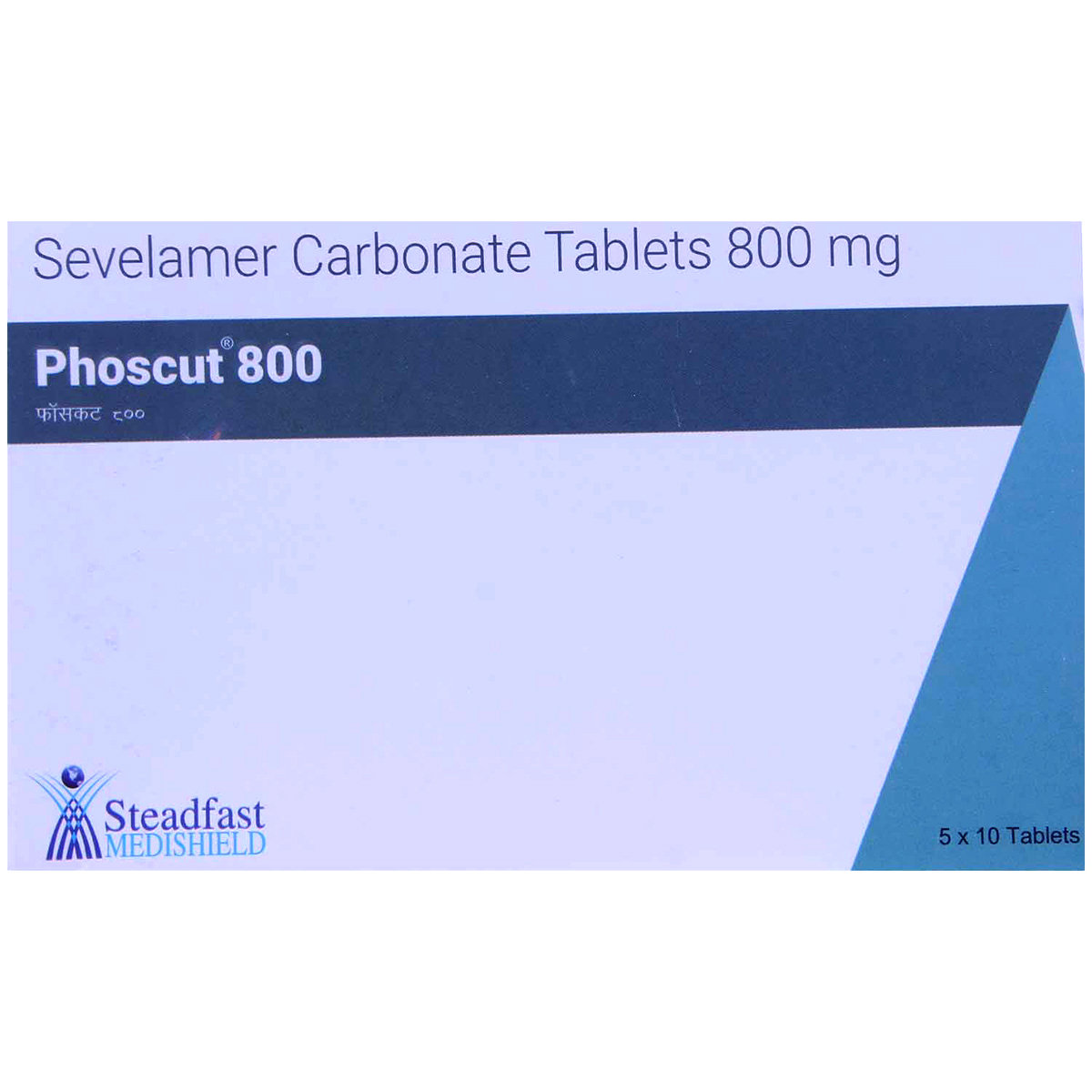 RX
RXPhoscut 800 Tablet 10's
₹168.50
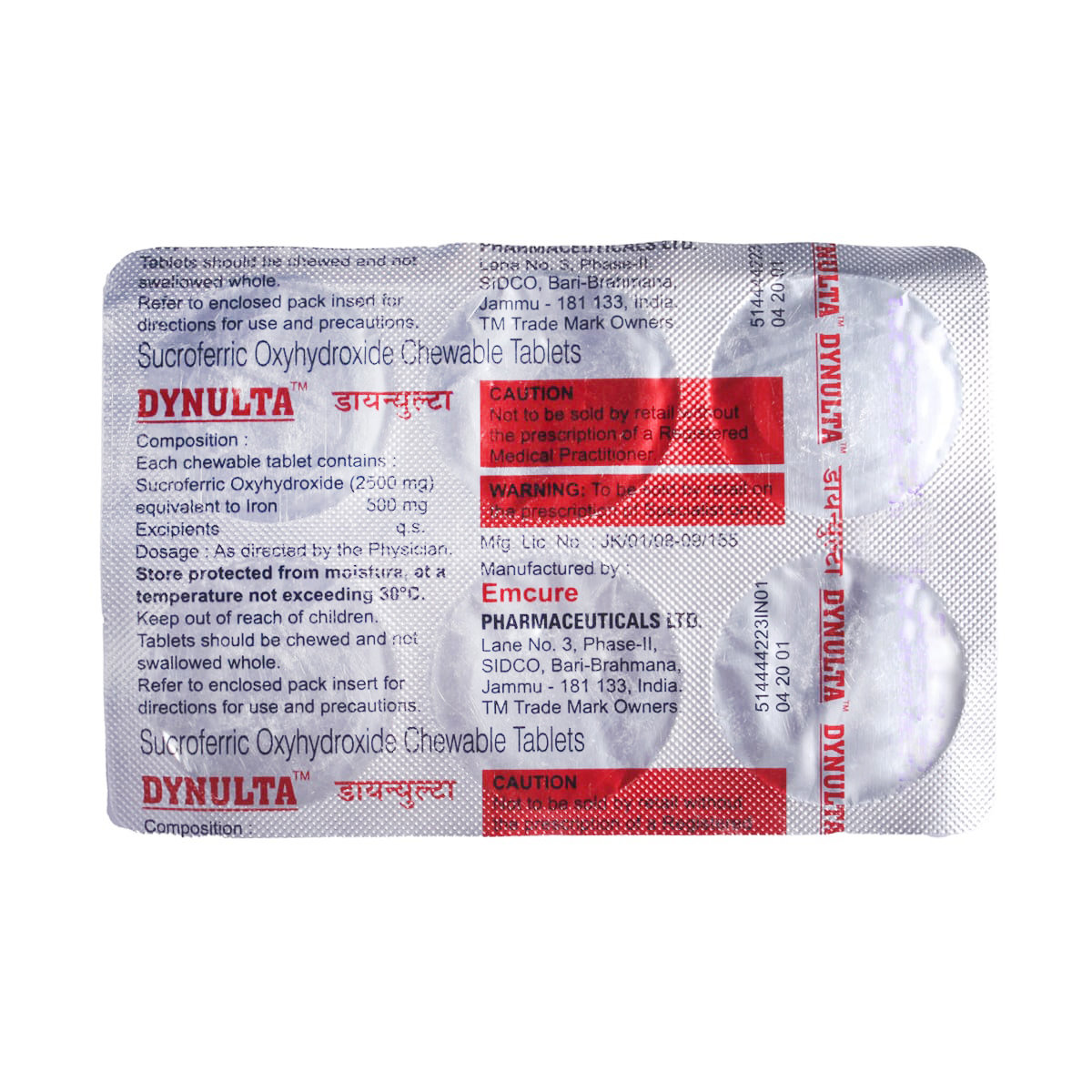 RX
RXDynulta Tablet 6's
₹316.50
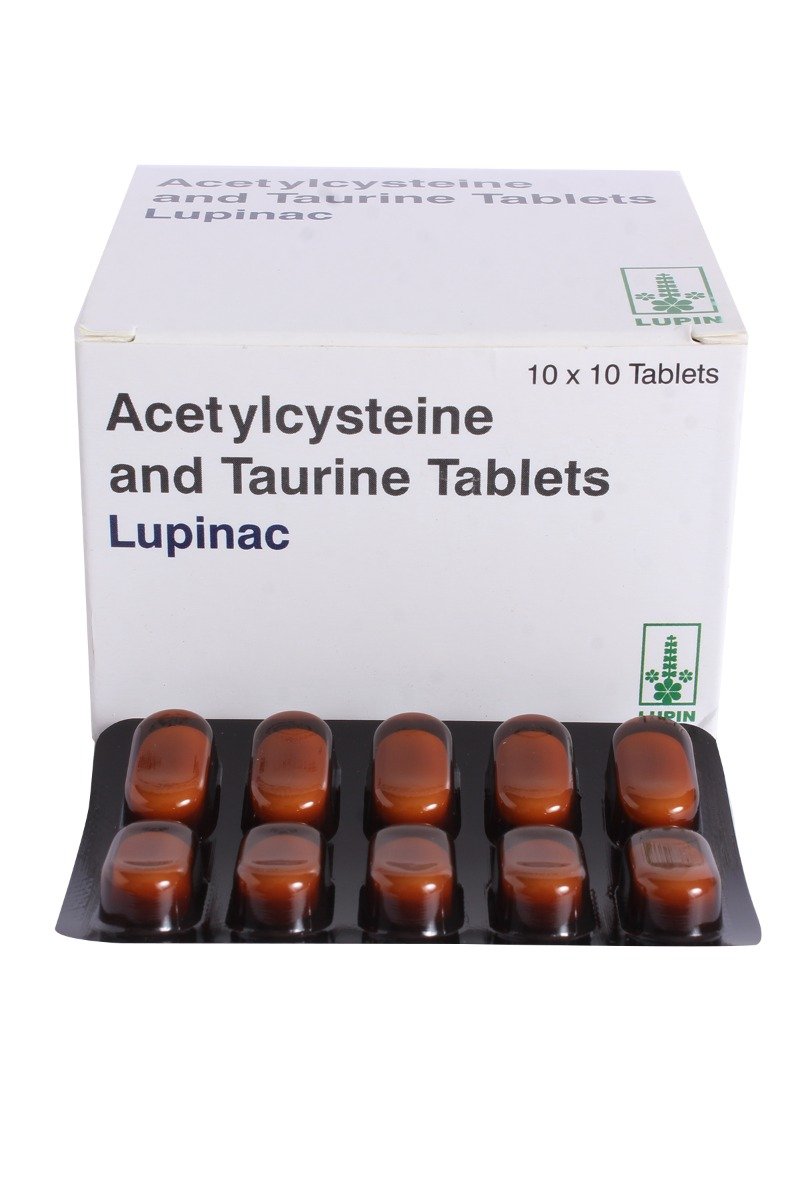 RX
RXLupinac Tablet 10's
₹183.50
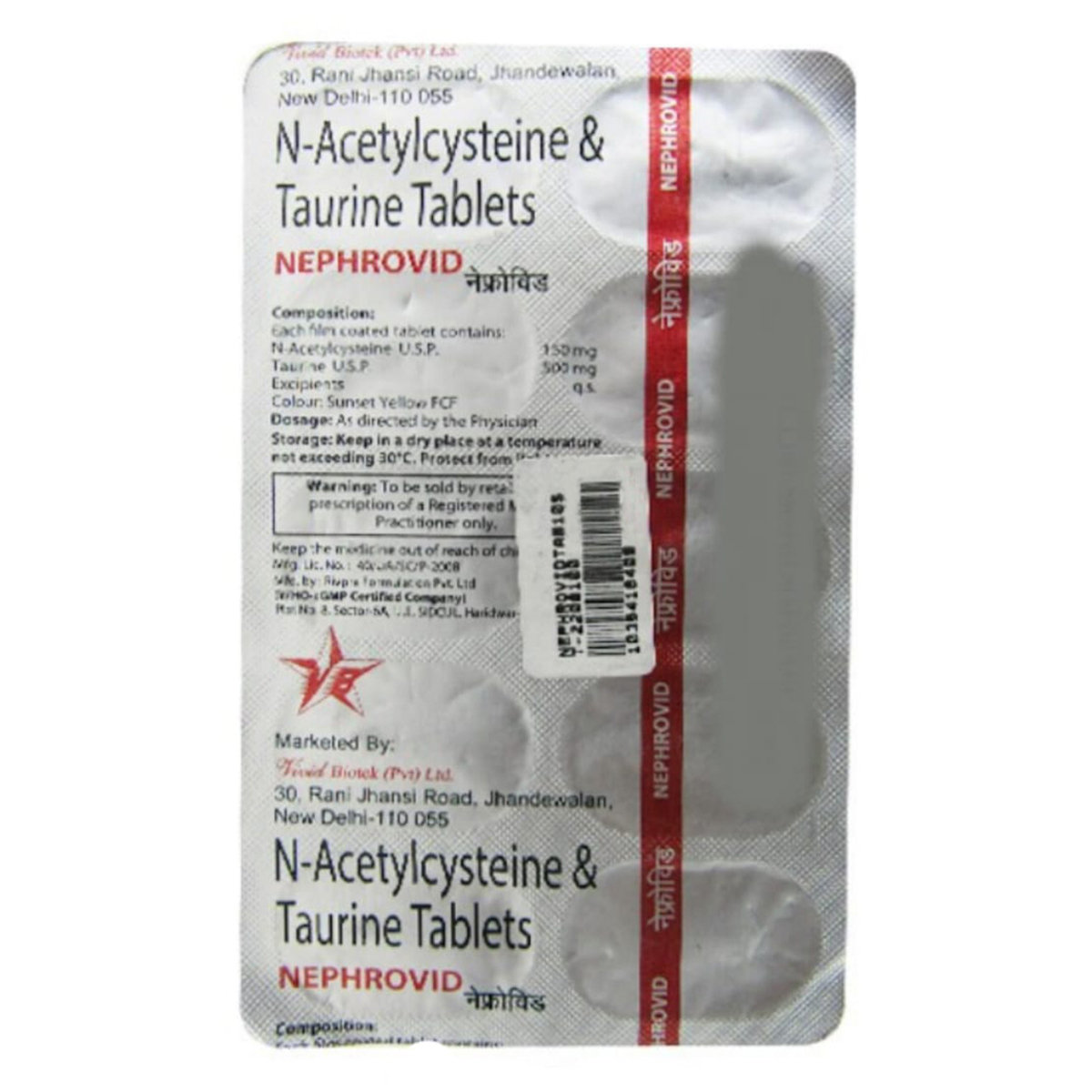 RX
RXNephrovid Tablet 10's
₹154.50
Medicine for Kidney Disease
Kidney disease is a medical condition in which there is a gradual loss of kidney function. In this condition, the kidneys are unable to filter waste, balance fluids, and regulate electrolytes effectively. Chronic Kidney Disease (CKD) is a progressive condition that, if left untreated, may result in kidney failure, requiring dialysis or a transplant. Acute kidney injury (AKI) is another form of kidney impairment that occurs suddenly due to infections, dehydration, or medications. Medications play a crucial role in managing kidney disease by controlling symptoms, slowing disease progression, and preventing complications.
Types of Medicines Used for Kidney Disease
Different classes of medications are used to manage kidney disease, depending on the severity and underlying cause.
1. Blood Pressure Medications
High blood pressure is a leading cause of kidney disease. Managing hypertension helps slow the progression of kidney damage.
- Angiotensin-Converting Enzyme (ACE) Inhibitors: Enalapril, Ramipril, Lisinopril – These drugs relax blood vessels and reduce pressure on the kidneys.
- Angiotensin II Receptor Blockers (ARBs): Losartan, Valsartan, Olmesartan – ARBs work similarly to ACE inhibitors but are preferred for patients who cannot tolerate ACE inhibitors.
- Calcium Channel Blockers: Amlodipine, Nifedipine – These medications help regulate blood pressure and reduce strain on the kidneys.
- Beta-Blockers: Metoprolol, Atenolol – Often prescribed to manage high blood pressure and reduce cardiovascular risks in kidney disease patients.
2. Diuretics (Water Pills)
Diuretics help remove excess fluid and reduce swelling in kidney disease patients.
- Furosemide: A loop diuretic that helps remove excess water and sodium.
- Hydrochlorothiazide: A thiazide diuretic used to manage mild fluid retention.
- Spironolactone: A potassium-sparing diuretic that helps balance electrolytes.
3. Phosphate Binders
As kidney function declines, phosphorus builds up in the blood, leading to complications like weak bones and heart disease.
- Calcium Acetate: Helps reduce phosphorus absorption from food.
- Sevelamer: A non-calcium phosphate binder used for patients at risk of high calcium levels.
- Lanthanum Carbonate: Another phosphate binder that lowers phosphorus levels effectively.
4. Erythropoiesis-Stimulating Agents (ESAs)
Anemia is common in kidney disease due to reduced erythropoietin production.
- Epoetin Alfa: Stimulates the production of red blood cells.
- Darbepoetin Alfa: A long-acting alternative that requires fewer injections.
5. Sodium Bicarbonate
It is used to treat metabolic acidosis, a condition where acid builds up in the blood due to poor kidney function.
- Sodium Bicarbonate Tablets: Help balance blood pH and reduce acid buildup.
6. Potassium Binders
Kidney disease can cause high potassium levels, leading to dangerous heart problems.
- Sodium Polystyrene Sulfonate (Kayexalate): Helps remove excess potassium from the body.
- Patiromer: A newer potassium binder with fewer gastrointestinal side effects.
7. Medications for Managing Diabetes
Diabetes is a major cause of kidney disease, and controlling blood sugar is crucial.
- Metformin: A first-line drug for diabetes but may need dose adjustments in kidney disease.
- SGLT2 Inhibitors (Canagliflozin, Empagliflozin): Help control blood sugar and provide kidney protection.
- DPP-4 Inhibitors (Sitagliptin, Linagliptin): Safe options for diabetic patients with kidney disease.
8. Cholesterol-Lowering Medications
Kidney disease increases the risk of heart disease, making cholesterol management important.
- Statins (Atorvastatin, Rosuvastatin): Lower LDL cholesterol and reduce cardiovascular risk.
- Ezetimibe: Helps control cholesterol levels in kidney disease patients.
9. Immunosuppressants (For Autoimmune Kidney Diseases)
Some kidney diseases, like lupus nephritis, require immunosuppressive therapy.
- Prednisone: A corticosteroid used to reduce inflammation.
- Mycophenolate Mofetil: Used in autoimmune kidney diseases to prevent immune attacks.
- Cyclophosphamide: A stronger immunosuppressant used in severe cases.
Benefits of Using Medicine for Kidney Disease
Managing kidney disease with the right medications provides multiple health benefits, including:
- Slows Disease Progression: Blood pressure medications and diabetes management drugs help protect kidney function and delay disease advancement. By controlling these underlying conditions, kidney function is preserved for a longer duration, reducing the need for invasive treatments such as dialysis.
- Reduces Fluid Retention: Diuretics help prevent swelling and high blood pressure by removing excess fluid from the body. Proper fluid balance reduces the risk of complications like heart strain and difficulty breathing.
- Maintains Healthy Electrolyte Levels: Phosphate binders, potassium binders, and sodium bicarbonate help maintain proper balance in the body. These medications prevent dangerous spikes in potassium and phosphorus, which can cause severe cardiac and bone issues.
- Prevents Anemia and Weakness: Erythropoiesis-stimulating agents help boost red blood cell production, preventing fatigue and weakness. By increasing hemoglobin levels, these medications enhance energy levels and improve overall physical well-being.
- Improves Bone Health: Phosphate binders and vitamin D supplements reduce the risk of bone disorders caused by kidney disease.These medications also help prevent bone pain and fractures, which are common complications of advanced kidney disease.
- Reduces Cardiovascular Risk: Statins and blood pressure medications help prevent heart disease, which is common in kidney patients.
Since CKD increases the likelihood of heart attacks and strokes, managing cholesterol and blood pressure is essential for long-term health.
- Prevents Dangerous Complications: By managing high potassium, high phosphorus, and acid buildup, medications help prevent life-threatening complications such as cardiac arrest and metabolic acidosis.
- Enhances Overall Quality of Life: By controlling symptoms and preventing complications, kidney disease medications allow patients to lead healthier, more active lives. Patients experience fewer hospital visits and reduced dependence on emergency medical interventions.
- Supports Kidney Function for a Longer Period: With the right medications and lifestyle changes, kidney function can be preserved for years, delaying the need for more aggressive treatments like dialysis or transplantation.
- Manages Underlying Causes Effectively: Since kidney disease is often linked to conditions such as diabetes, hypertension, or autoimmune diseases, medications targeting these root causes provide comprehensive disease management.
Dosage & Usage Instructions of Medicine for Kidney Disease
The dosage and usage of kidney disease medications vary based on the patient’s condition, kidney function, and overall health. One should always adhere to their physician’s recommendation. However, general guidelines include:
- Blood Pressure Medications: Typically taken once or twice daily. Regular monitoring is required to prevent low blood pressure and kidney strain. Patients should take these medications at the same time each day to maintain consistent blood pressure control.
- Diuretics: Taken in the morning to avoid frequent urination at night. Dosing depends on fluid retention levels. Some diuretics require potassium supplementation, while others should be taken with food to reduce stomach discomfort.
- Phosphate Binders: Should be taken with meals to effectively reduce phosphorus absorption. Patients should be cautious not to take them with other medications that require full absorption, such as thyroid medications.
- Erythropoiesis-Stimulating Agents: Given via injection, usually once a week or less, depending on hemoglobin levels. Patients receiving these injections should monitor for any allergic reactions or unusual fatigue.
- Sodium Bicarbonate: Typically taken with meals to prevent metabolic acidosis. Patients should drink plenty of water when taking sodium bicarbonate to avoid dehydration.
- Potassium Binders: Used when potassium levels are elevated, taken with or without food. These medications should be spaced out from other oral medications to avoid absorption issues.
- Diabetes Medications: Dosing is adjusted based on kidney function; SGLT2 inhibitors may provide additional kidney protection. Patients should monitor blood sugar levels regularly to prevent sudden drops in glucose.
- Cholesterol Medications: Statins are taken once daily, preferably in the evening. Regular lipid profile tests help determine the effectiveness of the medication.
- Immunosuppressants: Dosage is carefully monitored to balance kidney protection while minimizing side effects. These medications may increase the risk of infections, requiring patients to practice good hygiene and avoid crowded places.
- Dietary Considerations: Certain medications work best when paired with dietary modifications, such as reducing sodium, potassium, and phosphorus intake. Consulting a dietitian can further enhance the effectiveness of these medications.
- Regular Blood Tests: Patients on kidney disease medications should undergo routine blood tests to monitor kidney function, electrolyte levels, and overall health. Adjustments in medication dosages are often necessary based on test results.
Since kidney disease affects how the body processes medications, regular monitoring and medical supervision are essential to ensure safe and effective treatment.
Buy Medicine for Kidney Disease Online at Apollo 24|7
Apollo 24|7 offers a wide range of medications for kidney disease, including blood pressure medicines, diuretics, phosphate binders, and more. With easy online ordering and doorstep delivery, you can access trusted kidney disease medications conveniently.
Frequently asked questions
Chronic kidney disease cannot be reversed, but medications help slow progression and manage symptoms. Early intervention with the right treatment plan can significantly improve long-term outcomes.
The best medication depends on the underlying cause. ACE inhibitors, ARBs, and phosphate binders are commonly used. Some patients may require a combination of medications to manage their condition effectively.
Certain painkillers, like NSAIDs, should be avoided as they can worsen kidney function. Acetaminophen is a safer alternative. Patients should always consult their doctor before taking any over-the-counter pain medications.
They prevent excess phosphorus absorption, reducing the risk of bone disease and heart problems. Regular use helps maintain balanced phosphorus levels, preventing complications like calcification of blood vessels.
Yes, reducing protein consumption helps lower kidney workload and slow disease progression. However, the amount of protein restriction depends on the stage of kidney disease and overall nutritional needs.

